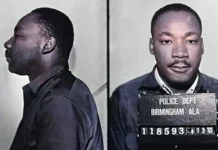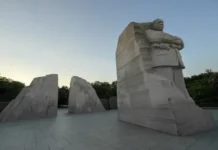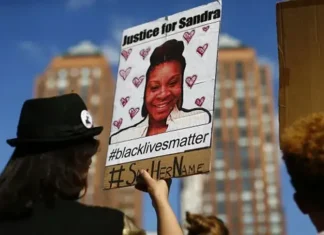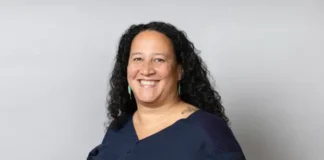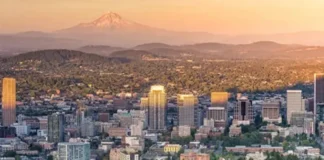
At the start of 2024, the Poor People’s Campaign, in partnership with various faith groups, set out on a mission: mobilize at least 30 million eligible voters among low-income people of color. Their goal is clear — to awaken what they call a “sleeping giant” of voters. But why have so many stayed away from the polls? Bishop William J. Barber II, the campaign’s national co-chair, says it’s simple: politicians campaign without addressing the issues that matter most to these communities.
That’s why the Poor People’s Campaign has taken a grassroots approach, engaging directly with the communities it aims to mobilize. By building trust and encouraging participation, it hopes to move people from voter registration to actually casting their ballots.
One of the target areas is Georgia, which is experiencing a record turnout. More than 1.4 million ballots have been cast since early voting began on October 15. These numbers reflect the campaign’s strategic efforts. They sent out 8.7 million text messages to low-wage, infrequent voters, whom they describe as the “least of these” in biblical terms.
“It’s a problem when people who follow Jesus don’t follow the principles of Jesus’ ministry,” Barber said at a recent rally in North Carolina. “That’s the problem with Christian Nationalism.”
Barber points to a study by Pew that analyzed 50,000 sermons and found poverty mentioned in less than 1% of them. In white churches, the focus was on doctrine; in Black churches, it was on praise. Churches aren’t addressing poverty, and that’s why poor people are not engaged in the political system. They are ignored by the campaigning politicians, and their issues are not addressed, Barber said.
”That’s why young people have to make a choice between church and movements,” he explained.”They can’t find the moral faith they know is right in church, so they choose movements such as this one.”
He emphasized the urgency of the campaign’s work by highlighting the daily toll of poverty: ”So many poor people die in this country that it would take 2 1/2 years to attend the funerals of the ones who die in one day,” he said.
The Poor People’s Campaign recently visited over two dozen states as part of the second National Canvassing Weekend, where they worked tirelessly to get out the vote. They canvassed and did outreach in neighborhoods with high concentrations of poor and low-wage infrequent voters, whom they called the “sleeping giant of this election.”
Just recently, the North Carolina faith leaders and organizers joined the team on a tour that included stops in Raleigh, Greenville, and Salisbury.
”As a disabled trans veteran, fourth-generation faith leader with the Christian Church, DOC, and tri-chair in the Arizona Poor People’s Campaign, I canvass because my lived experiences of marginalization fuel a deep, unwavering commitment to justice and equity,” said volunteer Zade Evans.
“Voting as an impacted person is a civic duty and an act of defiance against systems that have long silenced us,” Evans said. “In Arizona, a battleground state, I am dedicated to awakening the sleeping giant of poor and low-income voters to build a future where all voices matter and where there’s always room at the table.”
A voice from the Pennsylvania campaign, Tammy Rosing said the experience felt really good and centered on the big issues, rather than divisions.
”Looking out upon my community of Lancaster, seeing the different dynamics, the diversity, and where everyone is…there was no intensity or hate around any conversations, even in the Bible Belt of Pennsylvania. We took the time to have really in-depth conversations, hearing their thoughts and struggles. It wasn’t about Democrat or Republican. It was about meeting people where they were.”



